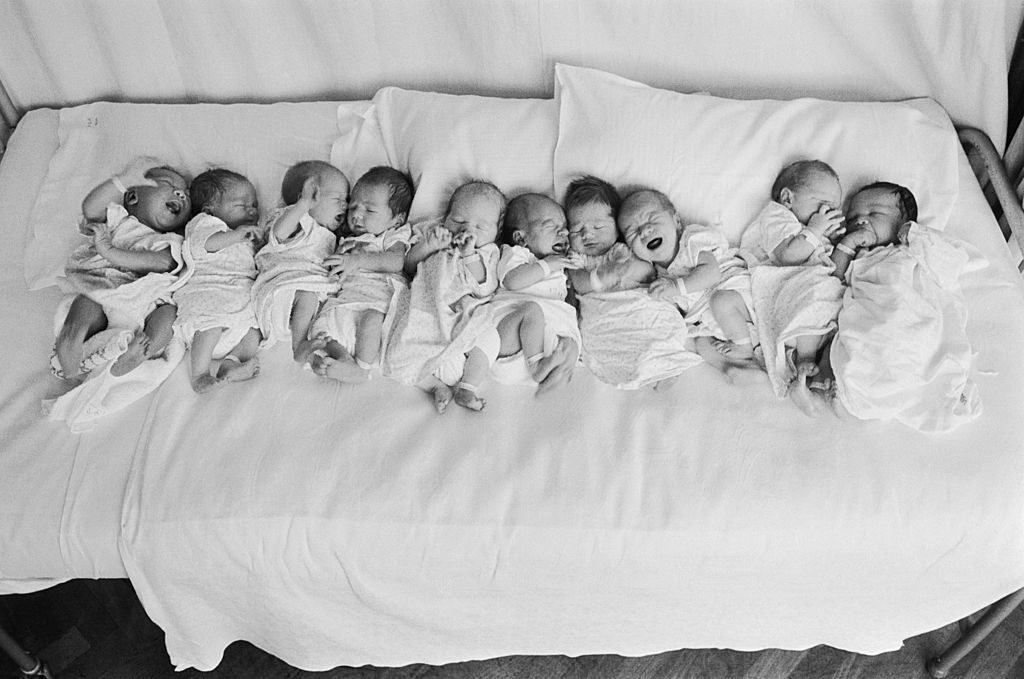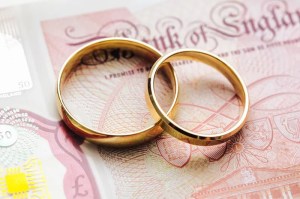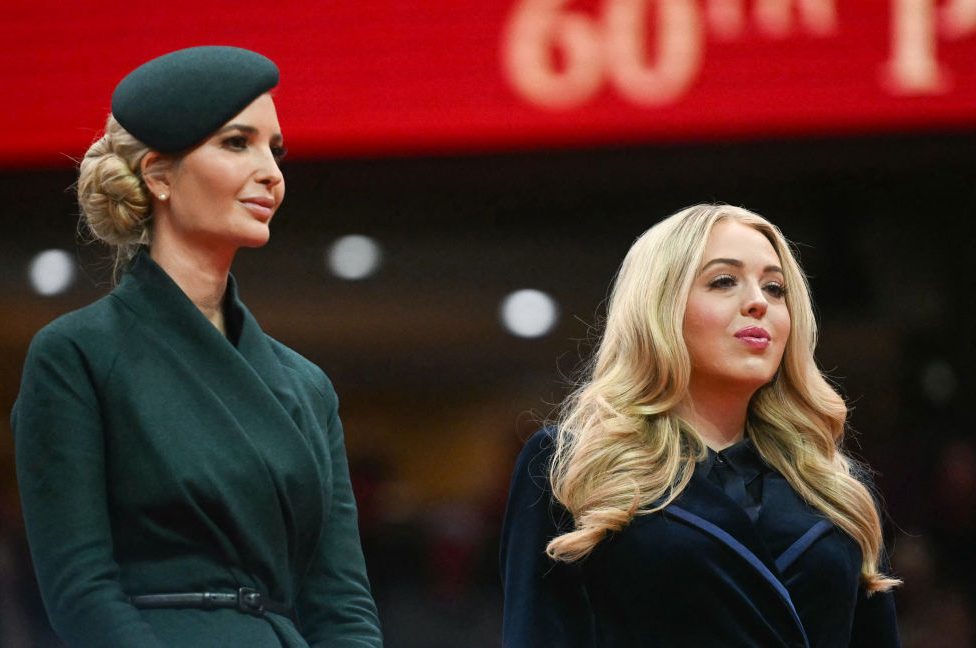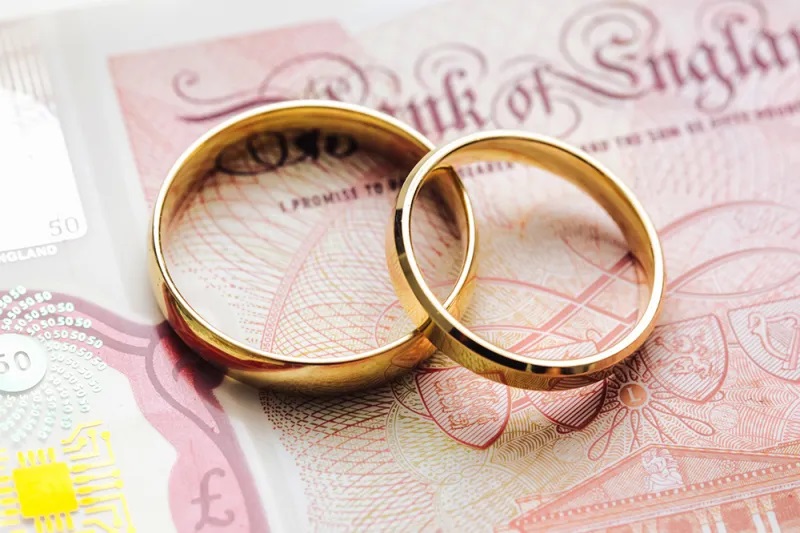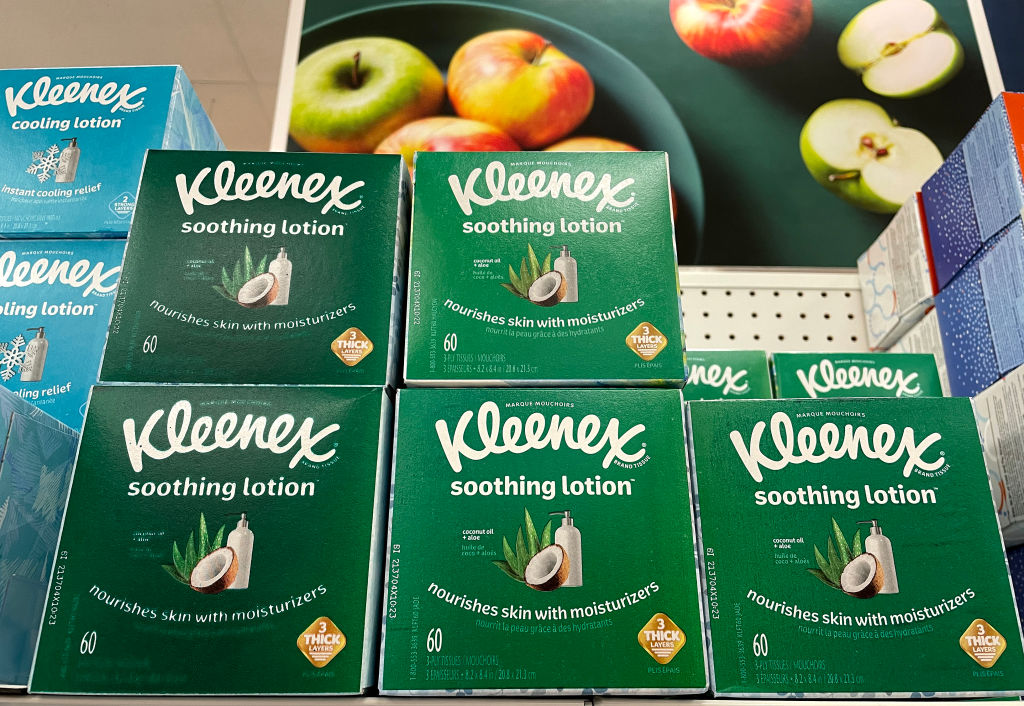How many of you know a baby called Margot? I’ve encountered three in the last couple of months. They all looked more or less the same too. Presumably it’s twenty years too late to blame The Royal Tenenbaums — so perhaps Ms. Robbie is responsible?
There’s a lot I love about America, and in many respects this country has improved on the systems and traditions of my own — but one adjustment I cannot get behind is the frequency with which you guys deploy last names as first names. Many want to show appreciation for their favorite president, hence the number of kids called Reagan and Jefferson — and the lack of ones called Biden and Trump. But there’s something bleakly corporate about the result. Madison Keys, for example, sounds more like a law firm than somebody’s daughter (she’s actually a tennis player).
In my extended family, I play the role of baby-name oracle: every couple of months, a pregnant American cousin will text me, “what male family names do we have that begin with an ‘e’?” Or “I’m looking for an Irish name that doesn’t have so many vowels that it’s unintelligible.” These relatives are perhaps unaware that I have been to Ireland all of four times — and that I’m Googling exactly the same thing they are. “What about Enda?” I suggest, “it means ‘like a bird.’” The parents (or, let’s be honest, mother) decided to take a more Biblical tangent and ended up with two prophets for sons: Elijah, from the Hebrew meaning “Jehovah is my God,” and Ezekiel, from the 2014 Ohio State college-football roster.
One recent success is my second cousin once removed Connell, whose name comes from the Gaelic meaning “strong as a wolf.” His middle name is even more unorthodox: Eveam, which is his late sister Maeve’s name backwards. We carry those who have passed on with us through our naming traditions, as if we’re taking some small part of the lost and breathing it into the new lives we’ve created.
According to the Social Security Administration, a lot of Americans think along the same lines as my cousins: the most popular male name last year was Liam, which is Gaelic for “strong-willed warrior.” The top women’s name was Olivia, for which I think we can credit wishful thinking: everyone I know called Liv is gorgeous and successful — parental predestination must be playing a part.
I don’t have any acknowledged children of my own at present — but I do have a few names ready for when the time comes. Hopefully I marry someone who lets me have a say.
This article was originally published in The Spectator’s September 2022 World edition.



